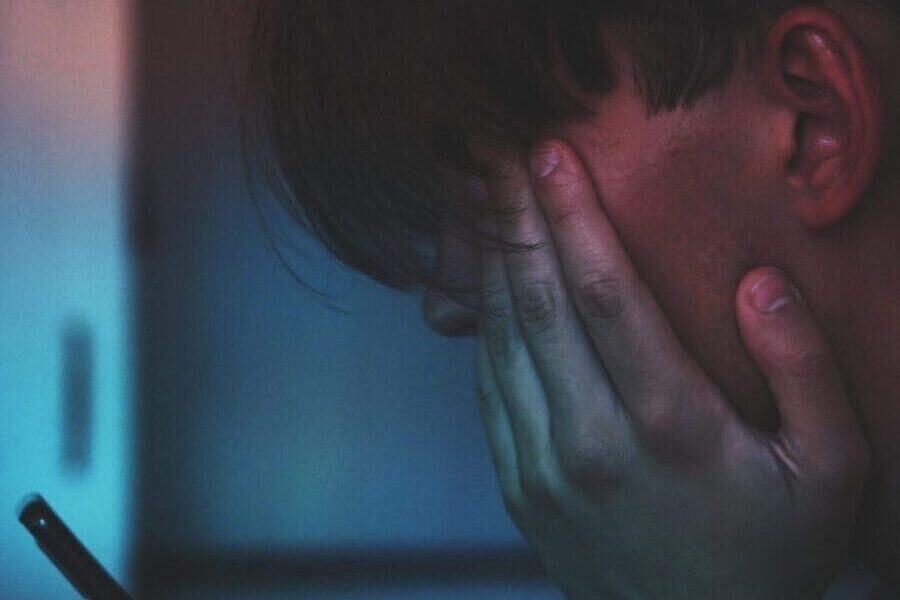Endless Scrolling on Social Media Tanks Your Mental Health
Social media has become an indispensable part of life for millennials and Gen Z, in particular, redefining human connection. But according to a Washington Post article, social media companies have exploited our need to connect in order to addict us to their platforms. And the addiction is comparable to alcohol or cocaine.
Anna Lembke, a professor of psychiatry and addiction medicine at Stanford University School of Medicine, explains: “Human connection is vital for survival. We’re programmed over millions of years of evolution to connect with other people.” Hormones play a key part in this process. “Part of the way our brains get us to do that is by releasing oxytocin, our love hormone, which in turn releases dopamine in the reward pathway, which makes connection feel good, ” she added.
Lembke elaborates on how social media hijacks our brain pathways by taking the work out of connecting with other human beings and concentrating them online. By adding three major ingredients – novelty, accessibility, and quantity – social media makes scrolling a potent drug indeed.
Experts are sounding the alarm on the damage social media is doing to youth mental health. Surgeon General Vivek H. Murthy issued a public warning this May about the risk social media poses to the mental health of children and teens. This surgeon general’s advisory followed the pattern of key warnings throughout history, like the 1964 report about the health hazards of smoking, which led to warning labels on cigarette packages.
In a similar vein, Murthy is aiming to change public perception and social media consumption habits through his report. He has good reason, as nationwide, over 95 percent of people ages 13 to 17 use at least one social media platform, and over a third say they are “almost constantly” using one.
“We are living in the middle of a youth mental health crisis in America. And my growing concern is that social media has become an important contributor to that,” said Murthy.
It is possible to free yourself from a social media addiction and to take back your life, but it requires effort. Since social media companies seeking to maximize their profits are disincentivized to change, the onus to protect ourselves lies on parents and social media users themselves. Lembke advocates a dopamine fast, identifying problematic social media platforms and cutting back on them for four weeks.
“We’re not saying to eliminate all devices and all social media or even all media, but to identify the ones that are problematic and eliminate those for four weeks, which is on average the amount of time it takes to reset reward pathways,” said Lembke.
Read the full article here.
Velarde, Luis. “How addictive, endless scrolling is bad for your mental health.” The Washington Post, 14 Jul 2023, https://www.washingtonpost.com/science/2023/07/14/social-media-mental-crisis-youths/.
Photo by Adrian Swancar on Unsplash



